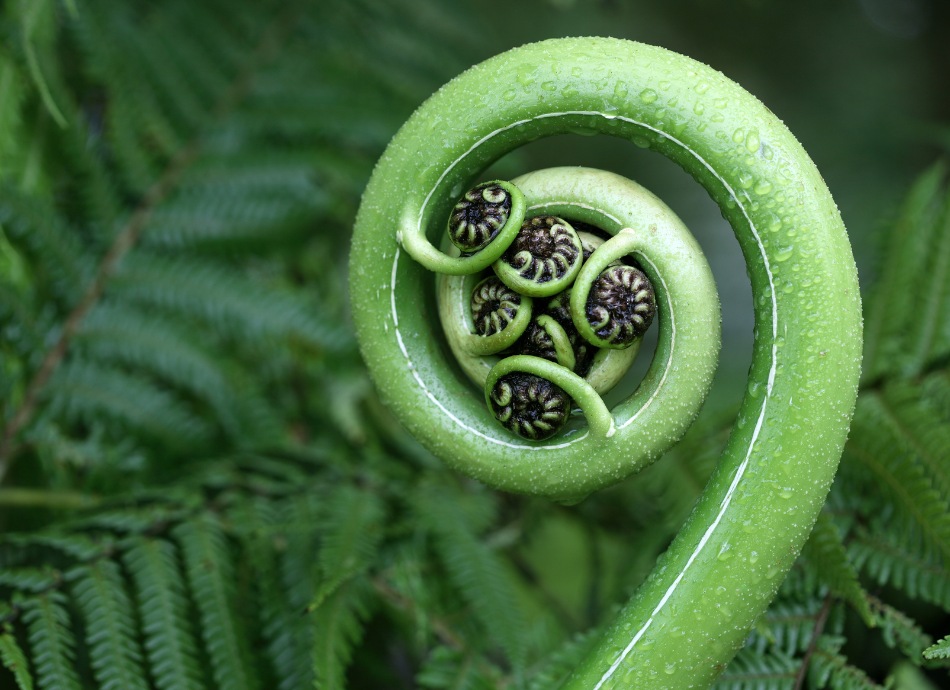You can now add Healthify as a preferred source on Google. Click here to see us when you search Google.
Talking about dying
Key points about talking about dying
- If you’ve been diagnosed with a terminal illness, reach out to your whānau and friends to talk about what you’re going through and how they can support you.
- Talking openly and honestly can help make sure you don’t feel isolated or lonely and it can help friends and whānau with their grief too.
- Talking about death and dying can be hard. Fear about the right thing to say or denial about what’s going to happen can cause people to avoid talking about it.
- If someone close to you has a terminal illness, being present, listening and providing emotional and practical support can make a real difference.

If you’ve been diagnosed with a terminal illness, it can help to talk to your whānau and friends about what you’re going through, what you need and and how they can support you.
Talking openly and honestly can help make sure you don’t feel isolated or lonely and it can help friends and whānau with their grief too.
Talking about death and dying can be hard. Below you can find some ideas about how to have a conversation and how to talk about death and dying with children.
Bring it up in conversation
Tell family and friends you’d like to talk. You could say something like ‘It would help me if we could talk about my situation. Would it be okay for us to do that?’ You could begin the conversation with practical things, such as where you’d like to be cared for and what your advance care plan is, slowly moving onto emotional or spiritual issues. Acknowledge that dying and death is a hard thing to talk about but remember, most people will find it helpful to talk.
Take your time
Just like talking with children, many adults will find it easier to talk about death over time. Talk openly and honestly. If someone is struggling to talk with you, come back to the conversation another time. It’s normal for people to become upset or feel emotional when they talk about the death of someone they love.
Things you might want to say
As hard as it might be to talk about death, there are things you may want to say to loved ones and friends if you know you’re coming to the end of your life. You might want to talk about your feelings about death and any worries or fears you may have. You can tell them you love them and how much they mean to you, or you may want to say sorry to people you feel you need to apologise to. You can also express forgiveness or ask for forgiveness if there are unresolved issues between you. If things can’t be resolved, you can take comfort in knowing you tried your best to make things right.
Other ways to communicate
If you’re finding it hard to start a conversation about your terminal illness, you could write a letter or record a video. This could open up the communication channel or give you another way of telling someone how you feel if you’re finding it too hard to talk with them face-to-face.
Remember, you don’t have to talk about everything at once, and different situations will work for different people.
Talking to your child about a terminal illness and dying, whether it’s your own illness or someone close to you, will probably be one of the most difficult conversations you’ll have. It’s important for children to understand what’s happening and to be prepared for what will happen when someone close to them dies.
Use clear and accurate language. Be calm and factual
It’s easy to want to soften the words you use when talking about death. But saying things such as “we lost Daddy” or “Grandad has gone to be with the angels”, can be confusing for children. They may think they can go and find Daddy, or Grandad chose to go with the angels instead of staying here with them.
Using words such as death and dying can help children to help understand the finality of death. Younger children may not fully comprehend what death means, but they may understand it means they won’t see the person again.
Bring it into the conversation gradually
If you or someone close to you is dying, your child may be aware that something out of the ordinary is happening. You may find it easier if you gradually bring up the topic of death and what it means for them. Talking about things over time can help your child to slowly process what’s going on.
Try not to give your child too much information – sometimes a little bit of information here and there is helpful. Talking with your child while you’re doing something, for example driving in the car or while you’re making dinner together, is less overwhelming than sitting down for a long conversation.
Reassure them that they’re safe and talk about who’s there to support them now and in the future.
Be guided by your child’s questions
Listen to the questions and answer them. Don’t answer what they haven’t asked.
Children process information differently than adults. Some children may be worried about how the death of you or someone close to them will impact on their day to day life. They might have questions such as “who is going to take me to school when you die?” or “do I still get to go and see my friends?”. They will often then get on with other things and ask other questions later.
Answer your child’s questions honestly and let them know you’re always available to answer more questions.
Let them know it's okay to cry and okay not to cry.
It can feel really hard to talk to someone you care about who’s dying but they may well be relieved to be able to talk honestly and openly about what’s going on for them and how they feel. You may not have to say much, just being prepared to listen and let them know they’re being heard may be all that’s needed.
They may not want to talk, and you should respect that, but be open to talking later on if they feel the need to talk then.
They may want to talk to somebody else other than, or as well as, you and you may be able to make this happen for them. It could be a member of their whānau, a friend or a health professional.
If they don’t already have an advance care plan, you could suggest they create one so that they can document what they would like (and not like) to happen as they approach the end of their life and afterwards (eg, funeral/tangi arrangements). They may have death traditions it’s important to follow. Read more about advance care planning.
Conversations with children(external link) Harbour Hospice, NZ
A hospice guide for carers – talking about dying(external link) (page 44) Hospice New Zealand
Brochures
5 ways to talk to a child about death(external link) Hospice New Zealand
5 conversation starters with your family(external link) Hospice New Zealand
References
- Starting to talk about your terminal illness(external link) NHS, UK, 2023
- Explaining death and dying to children(external link) Child Bereavement UK
- A hospice guide for carers – talking about dying(external link) Hospice New Zealand
See our page palliative care for healthcare providers
Brochures

5 conversations starters with your family
Hospice New Zealand

5 ways to talk to a child about death
Hospice New Zealand
Credits: Healthify editorial team. Healthify is brought to you by Health Navigator Charitable Trust.
Reviewed by: Dr Andrew Muir, FRNZCGP, Clinical Diploma in Palliative Medicine
Last reviewed:





